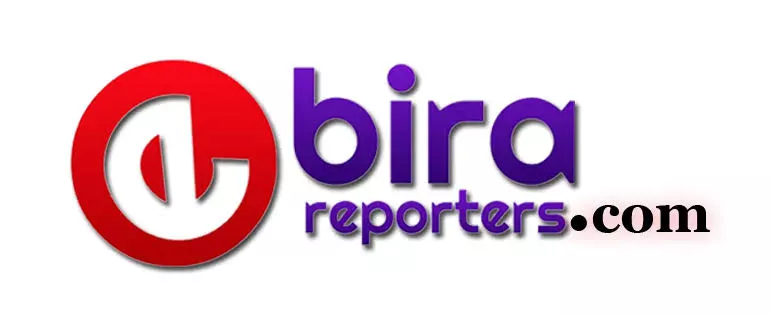The Nigerian National Petroleum Company Limited (NNPC) on Sunday insisted that the country consumes 68 million litres of petrol daily.
NNPC Limited in a statement by its group general manager, group public affairs division, Garba Deen Muhammad, said it imported a total volume of 16.46 billion litres of petroleum into the country between January and August 2022.
This, the company said, translated to an average supply of 68 million litres per day.
It said the combination of various present cost elements has translated to a retail pump price of N462 per litre, adding that the subsidy payment of N297 is to make the product affordable for the country.
The response came days after the Nigeria Customs Service questioned the NNPC’s claim that the country consumes 60 million litres of petrol daily.
The Customs comptroller-general, Hameed Ali, during a session with the House of Representatives Committee on Finance last Thursday, said if the company puts daily consumption of petrol at 60 million litres, why does it allow 98 million litres to be lifted daily.
“If we are consuming 60 million litres of PMS per day, by their computation, why would you allow the release of 98 million litres per day? If you know this is our consumption, why would you allow that release?” Mr Ali asked.
Reacting, the NNPC in its statement said it imported an average of 68 million litres of petrol per day.
Similarly, it said petrol imports in 2021 was 22.35 billion litres, which translated to an average supply of 61 million litres per day.
It said the average daily evacuation (depot truck out) from January to August 2022 stood at 67 million litres per day as reported by the Nigerian Midstream and Downstream Petroleum Regulatory Authority (NMDPRA).
It added that the daily evacuation (depot load-outs) records of the NMDPRA carry from as low as 4 million litres to as high as 100 million litres per day.
The company said it recognised the impact of maritime and cross border smuggling of PMS on the overall supply framework.
“NNPC also acknowledges the possibilities of other criminal activities in the PMS supply and distribution value chain. As a responsible business entity, NNPC will continue to engage and work with relevant agencies of the Government to curtail smuggling of PMS and contain any other criminal activities,” the firm said.
The company also pointed out in the statement that rising crude oil prices and petrol supply cost above NMDPRA (formerly PPPRA) cap had forced oil marketing companies to withdraw from petrol importation since the fourth quarter of 2017.
“In the light of these challenges, NNPC has remained the supplier of last resort and continues to transparently report the monthly PMS cost under-recoveries to the relevant authorities.
It said the average Q2 2022 international market determined landing cost was US$1,283/MT and the approved marketing and distribution cost of N46/litre.
“The combination of these cost elements translates to a retail pump price of N462/litre and an average subsidy of N297/litre and an annual estimate of N6.5 trillion on the assumption of 60 million litres of daily PMS supply. This will continuously be adjusted by market and demand realities,” it said.
“NNPC Ltd shall continue to ensure compliance with the existing governance framework that requires the participation of relevant government agencies in all PMS discharge operations, including Nigerian Ports Authority, Nigerian Midstream and Downstream Petroleum Regulatory Authority, Nigerian Navy, Nigeria Customs Service, NIMASA and all others.
“NNPC Ltd recognizes the impact of maritime and cross-border smuggling of PMS on the overall supply framework. NNPC also acknowledges the possibilities of other criminal activities in the PMS supply and distribution value chain. As a responsible business entity, NNPC will continue to engage and work with relevant agencies of the Government to curtail the smuggling of PMS and contain any other criminal activities.
“We will continue to deliver on our mandate to ensure energy security for our country with integrity and transparency. We invite any forensic audit of the PMS supply and subsidy management framework of the NNPC,” it said.



